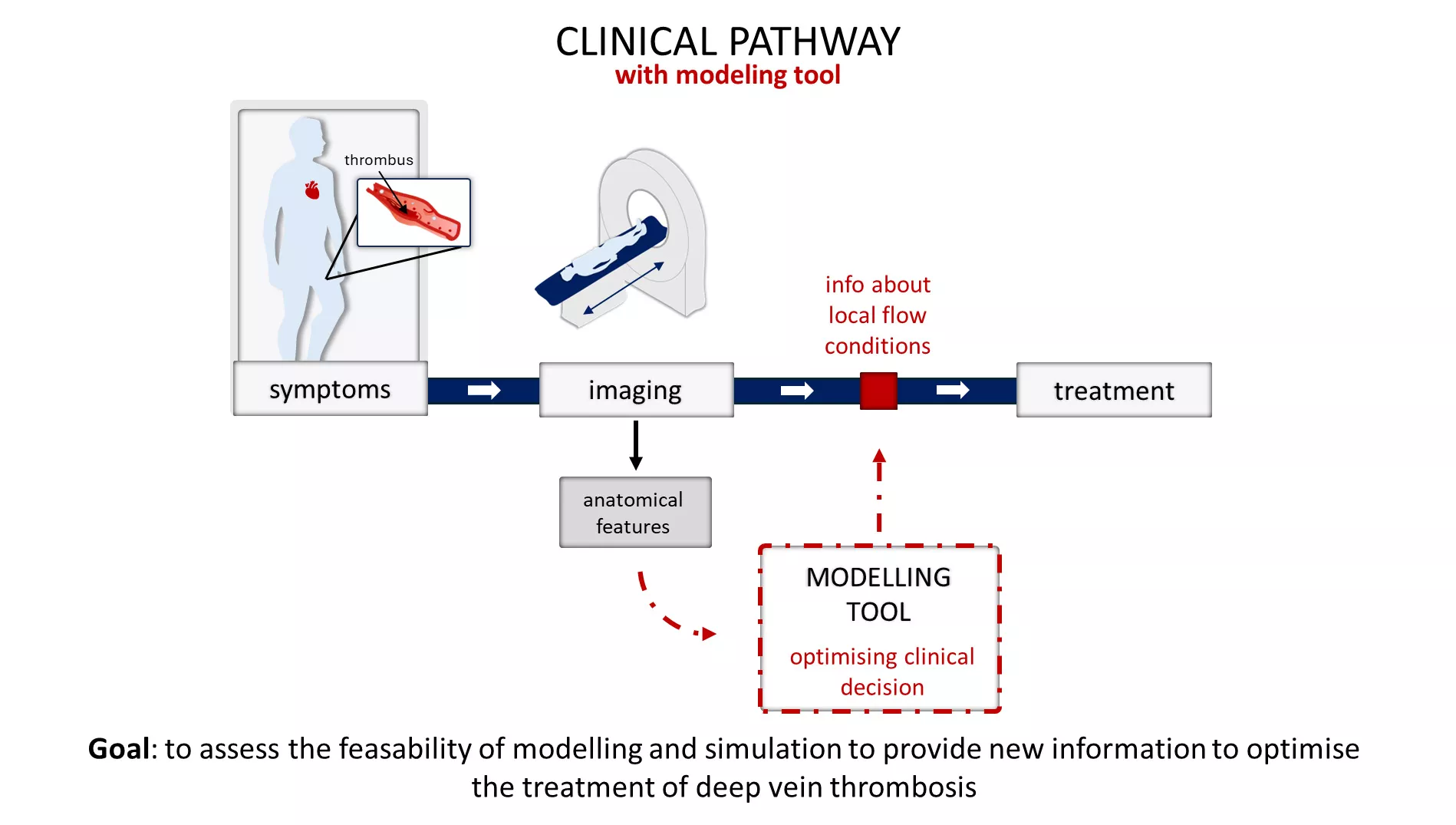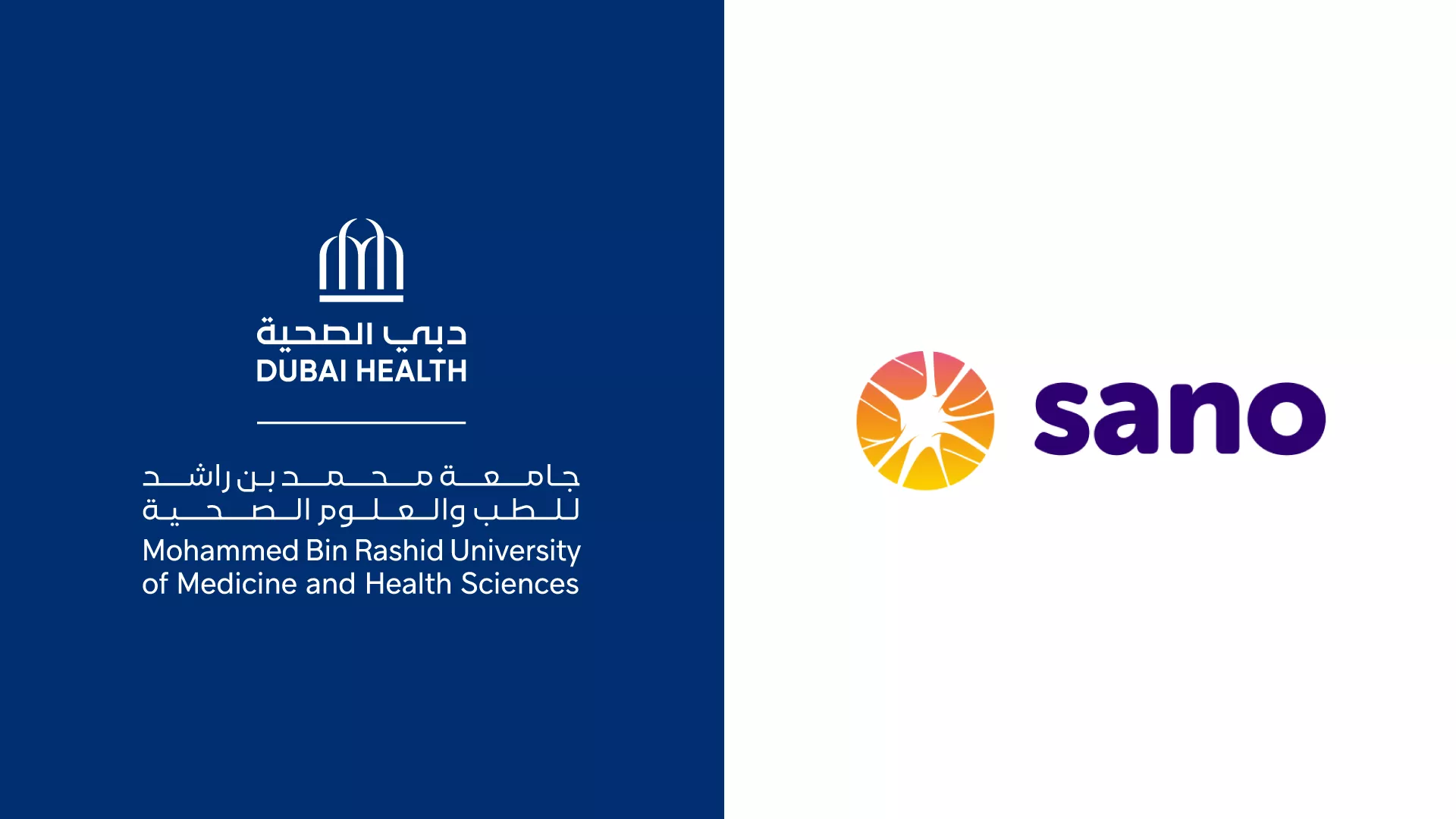
Sano at LifeScience4EU 2025
Shaping the Future of Digital Health in Europe
A Strategic Forum for Life Sciences in the EU
Innovation, Technology, and Policy for European Life Sciences
The LifeScience4EU conference, held on May 15–16, 2025, brought together policymakers, researchers, industry leaders, and investors to explore how Europe can strengthen its position in life sciences through technology, innovation, and regulatory reform. The event was organized as part of the Polish presidency of the Council of the European Union and addressed the critical question:
How can digital tools and smart technologies better serve patients—and what must change to scale their adoption across Europe?
From Policy to Practice: Key Insights from the Opening Sessions
The conference began with two keynote lectures offering perspectives from EU policymakers and industry representatives. These talks set the stage for deeper discussion by highlighting both the strengths of the European life sciences ecosystem and the structural barriers that continue to hinder innovation.
Speakers called for greater agility, improved collaboration, and the integration of technological solutions to modernize healthcare systems and keep Europe competitive globally.
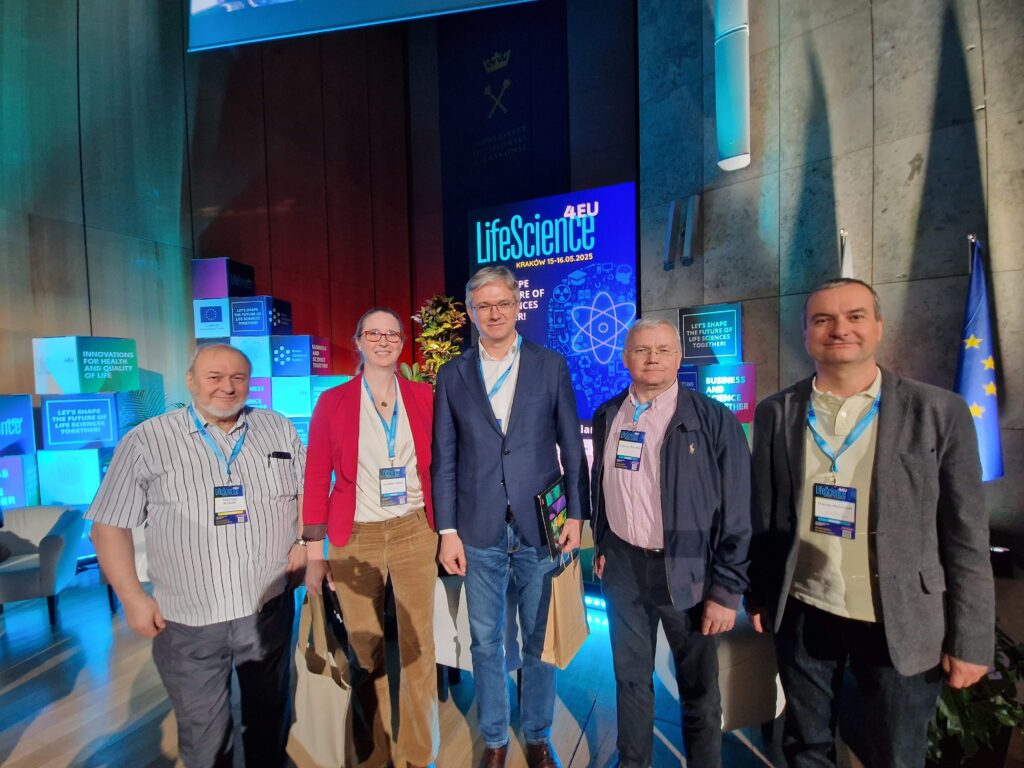
Digital Health in Focus: Sano’s role in the High-Impact Panel
One of the conference’s important panels was dedicated to KPIs in MedTech and Digital Health innovation. Titled “KPIs for success: what metrics define progress in health innovation?”, this session brought together experts voices to examine how to evaluate and guide digital transformation in healthcare.
Maciej Malawski, Director of the Sano Centre for Computational Medicine, participated as a panelist in this discussion. Drawing on his experience in computational medicine, he shared strategies to overcome systemic and regulatory challenges that often delay the adoption of digital health solutions. He emphasized the importance of measurable, evidence-based indicators, regulatory alignment, and fostering ecosystems that enable long-term success in digital healthcare.
Malawski’s contributions reflected Sano’s broader mission to develop digital tools for resilient, future-ready healthcare systems.
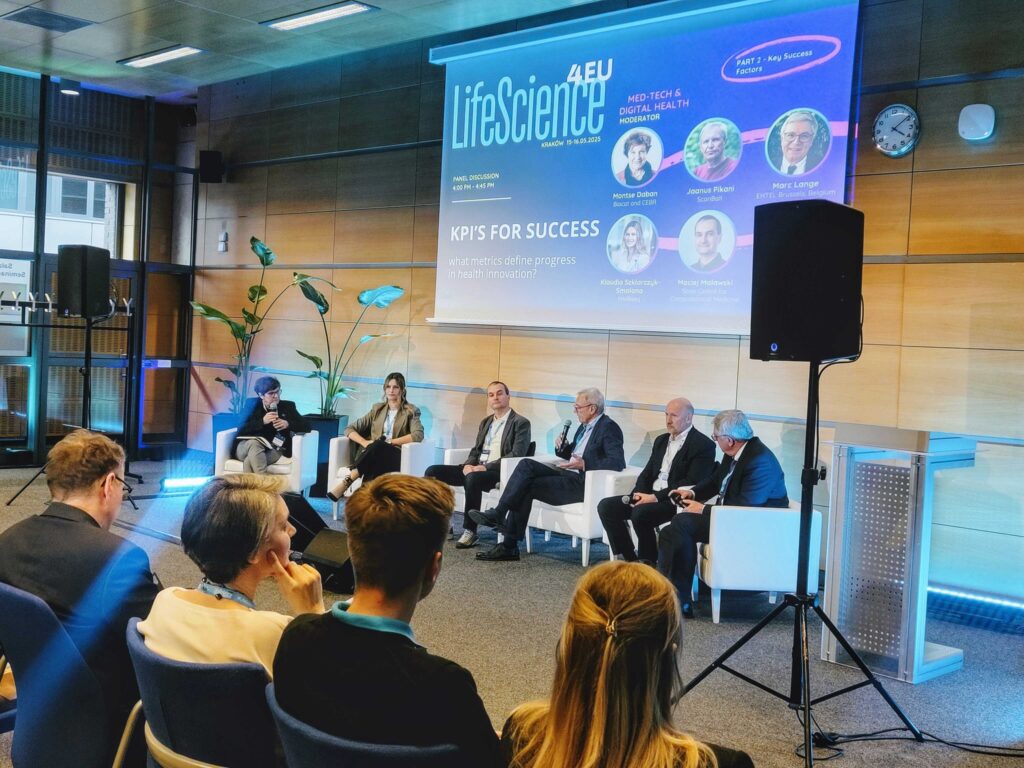
Panel Details:
Category: MedTech & Digital Health
Moderator: Montse Daban (BioCAT & CEBR)
Panelists:
- Klaudia Szklarczyk-Smolana (Intelliseq)
- Maciej Malawski (Sano Centre for Computational Medicine)
- Jaanus Pikani (Scanbalt)
- Chris Morton (ELEM Biotech SL)
- Marc Lange (EHTEL, Brussels)
Supporting Innovation Through European Collaboration
Elsewhere at the conference, a policy-focused panel explored the future of healthcare in Europe by calling for better integration of various stakeholders—from legislators to tech innovators. During this session, MEP Jarubas highlighted the transformative potential of Digital Twins, citing the Virtual Human Twin (VHT) initiative. He recognized the contributions of the VPH Institute and Sano Centre for Computational Medicine, both present at the conference.
This recognition reinforces Sano’s role as a key actor in European digital health transformation and its commitment to cross-border, interdisciplinary collaboration.
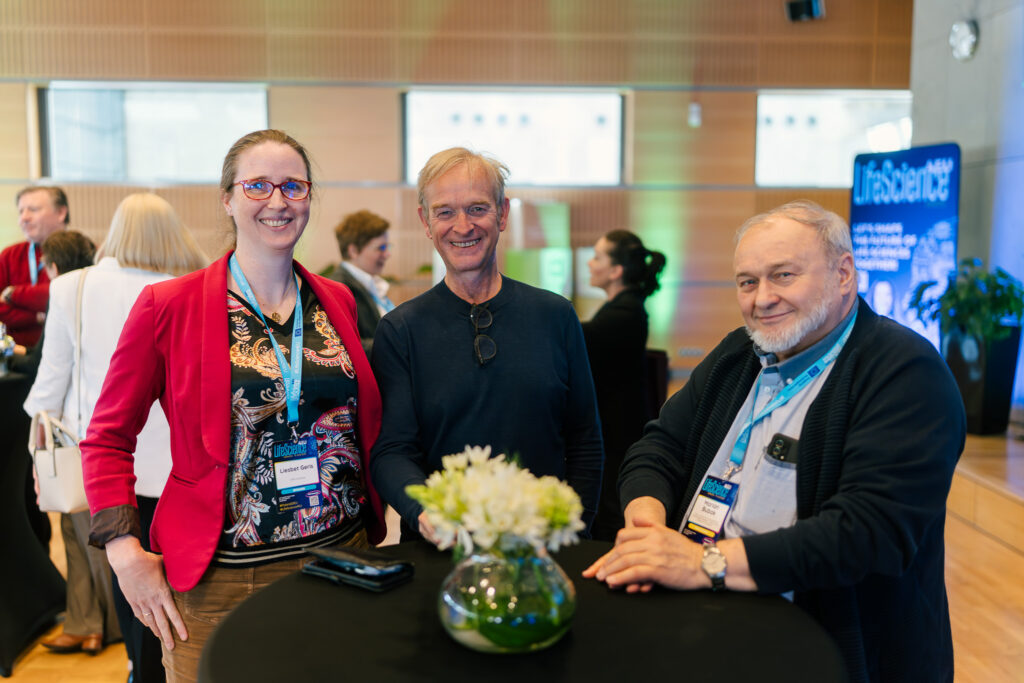
Sano’s Commitment to a Healthier Digital Future
Sano’s participation in LifeScience4EU 2025 reflects its growing visibility in the European MedTech landscape. From AI-assisted diagnostics to simulation-based medicine, the Centre continues to lead research and development in computational medicine, supporting both clinical innovation and public policy dialogue.
By contributing to strategic discussions like the KPI panel and projects like the Virtual Human Twin, Sano is actively shaping Europe’s transition toward data-driven, personalized, and equitable healthcare.
We’d like to extend our thanks to the organizers and partners of LifeScience4EU 2025 for putting together such a meaningful and well-executed event. As a high-level conference organized as part of the Polish presidency of the Council of the European Union, it created a valuable platform for dialogue and collaboration across sectors. The efforts of Klaster LifeScience Kraków, the Ministry of Science and Higher Education, the Jagiellonian University, the City of Kraków, and the European Union were deeply appreciated by the scientific and innovation communities alike.


